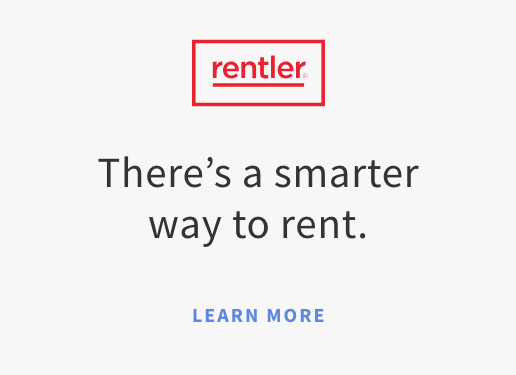Life can be costly, with everything from grocery prices to inflated airline fares causing financial strain. It seems as though our wallets are under more pressure than ever before, making it challenging to save money.
While there’s no magical solution to instantly boost your bank account (unless a well-deserved raise comes your way), there are budgeting techniques that can help alleviate the burden of every credit card swipe. Some of these strategies are common sense, others require advanced skills, and a few are brilliantly inventive. However, all of them can bring you closer to achieving your savings goals this year, even if the cost of eggs stubbornly remains above $4 per dozen.
Analyzing Your Finances
A key budgeting tip is to thoroughly analyze your financial figures, including income, savings, expenses, and credit card usage. It is crucial to have a clear understanding of these numbers before identifying areas where expenses can be reduced and savings can be increased. By gaining a comprehensive view of your budget, you can assess what is currently effective and pinpoint areas that require adjustment, setting the stage for positive changes.
Discover a Budgeting App That Suits Your Needs
After gaining a clear understanding of your financial figures, it’s essential to consider how you plan to stay organized. Various budgeting apps, such as Mint.com or You Need a Budget (YNAB), can assist you in this regard. Alternatively, you might have your own customized Excel sheet that works perfectly for you.

These tools provide a clear overview of your income and expenditures. The importance of visualizing where your money is going, as it can be an eye-opening experience that helps eliminate unnecessary expenses. The key is to find a system or app that aligns with your preferences and needs, and then commit to using it consistently.
Strategize Your Meals in Advance
One effective budgeting tip is to plan your meals ahead of time. Many individuals find that unplanned expenses tend to arise when they are out and about, such as the need to refuel the car or contribute to school donations. Since food expenses have significantly increased, it is crucial to focus on managing this aspect of your budget.

Consider creating a weekly menu by listing both your favorite restaurants and meals you enjoy cooking at home. By planning your meals in advance, you can exercise greater control over your food expenses. This approach allows for flexibility while ensuring that you stay within your budgetary limits. Remember, the key is to identify what you can control and make adjustments accordingly.
Automate Savings with Online Payments
Late rent payments can lead to unnecessary stress and financial complications. One effective way to avoid this issue is by automating your savings and rent payments through online platforms.
By setting up automatic transfers from your bank account to a designated savings account, you can ensure that a portion of your income is saved regularly. This helps you build a financial buffer and reduces the likelihood of struggling to pay your rent on time.
For example, Rentler offers automated payment options. By linking your bank account or credit card to our platforms you can schedule automatic rent payments on a specific date each month. This eliminates the risk of forgetting to pay or facing delays due to manual processing.
Making Thoughtful Purchases
The 24-Hour Rule is a powerful strategy for practicing mindful spending. When you come across an item you want to purchase, instead of immediately buying it, give yourself a 24-hour waiting period.
During this time, take the opportunity to reflect on whether the purchase aligns with your needs and financial goals. Ask yourself if it’s a necessary expense or simply an impulsive desire. Use this period to research alternatives, compare prices, and evaluate if the item is worth the investment.

The 24-hour waiting period allows you to make more informed decisions and avoid impulsive buying. It gives you a chance to consider the long-term value and utility of the purchase, helping you prioritize your spending on items that truly align with your priorities.




